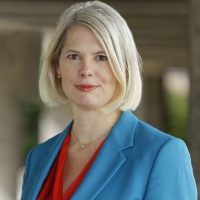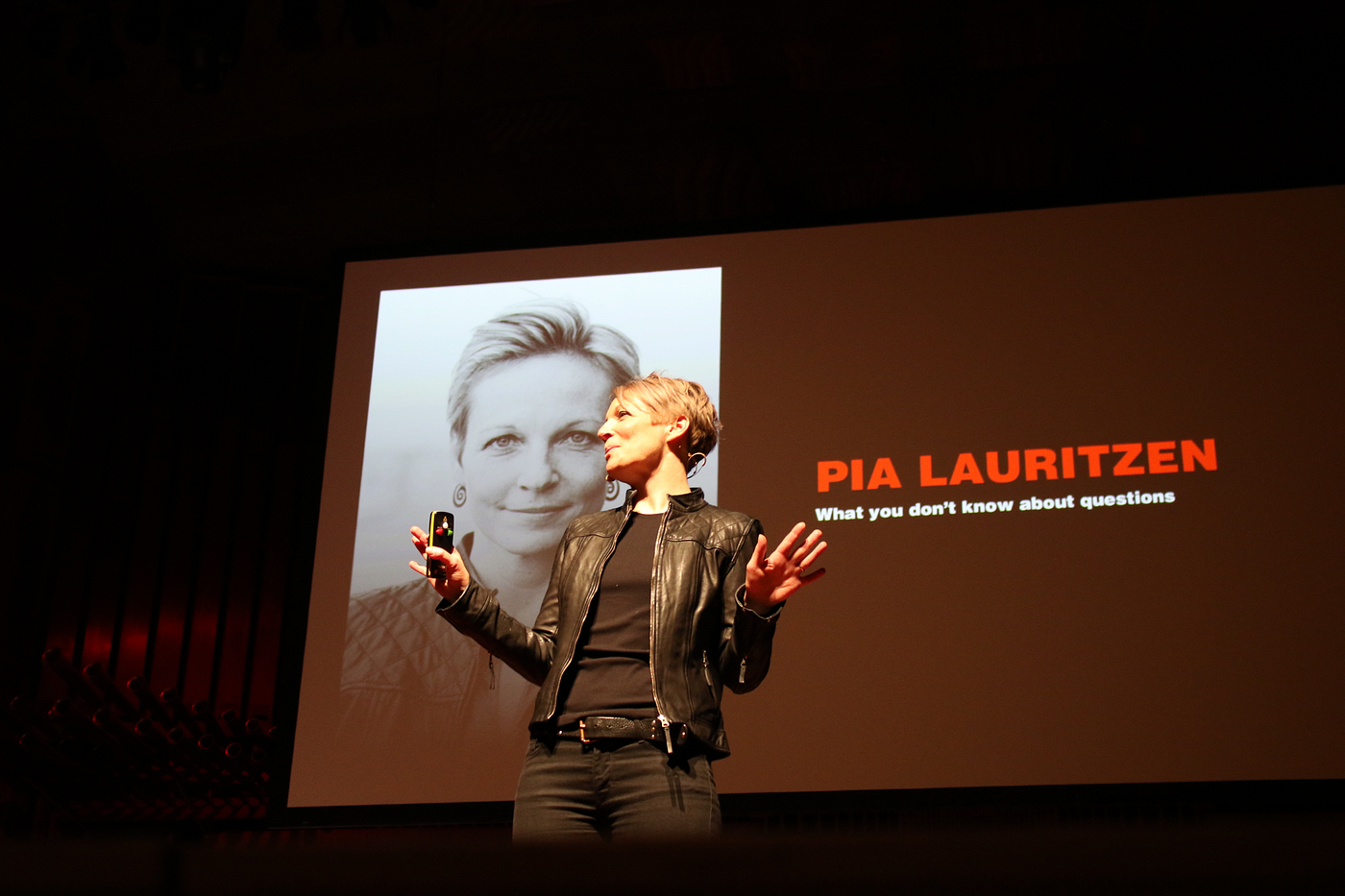Ray Kurzweil Keynote Speaker
- World leading inventor and futurist
- Author of multiple New York Times bestsellers
- Awarded America's National Medal of Technology and Innovation (1999)
Ray Kurzweil's Biography
Ray Kurzweil is considered to be one of the world’s leading inventors, thinkers, and futurists, with a 30-year track record of accurate predictions.
Ray Kurzweil was the principal inventor of the first CCD flatbed scanner, the first omni-font optical character recognition, the first print-to-speech reading machine for the blind, the first text-to-speech synthesiser, the first music synthesiser capable of recreating the grand piano and other orchestral instruments, and the first commercially marketed large-vocabulary speech recognition.
Ray Kurzweil received the 1999 National Medal of Technology and Innovation, America’s highest honour in technology, from President Clinton in a White House ceremony. He was the recipient of the $500,000 Lemelson-MIT Prize for 2001, the world’s largest for innovation, and in 2002 he was inducted into the National Inventors Hall of Fame, established by the U.S. Patent Office. He has received twenty honourary doctorates, and honours from three U.S. presidents.
Ray Kurzweil has authored multiple books, many of which have been national best-sellers. His books, The Singularity Is Near (Viking Press, 2005) and How to Create a Mind: The Secret of Human Thought Revealed (Viking Penguin, 2012) are New York Times best-sellers. His most recent book, The Singularity Is Nearer (Viking Press, 2024) debuted as a New York Times best-seller. His website KurzweilAI.net, tracks daily breakthroughs in science and technology and has over three million new readers annually.
Ray Kurzweil's Speaking Topics
-
The Power of Ideas is Accelerating
Renowned author, inventor, and futurist, Ray Kurzweil, has a public track record of more than a quarter of a century of predictions with a stunning 86% accuracy rate, all based on his Law of Accelerating Returns which states that information technology is advancing exponentially — doubling in price-performance, capacity, and bandwidth every year. Since 1990, Kurzweil has laid out these predictions in a series of books: The Age of Intelligent Machines (1990), The Age of Spiritual Machines (1999), The Singularity is Near (2005), and How to Create a Mind(2012). And now, in his forthcoming book, The Singularity is Nearer (2020), he presents new data and a fresh look to the future as we approach the steep part of the exponential. By questioning old assumptions and applying exponential thinking Ray Kurzweil explains how we will rewrite the software of life, rebuild the world atom by atom, and reinvent our intelligence, to solve the world’s grandest challenges.
-
Disabilities & Assistive Technologies
Kurzweil explains that accelerating information technology will lead us to completely overcome handicaps associated with sensory and physical disabilities and describes the extent to which we have already done that for many handicaps. He predicts that in about a quarter century, we will have millions of nanobots in our brains putting our brains on the Internet and providing high bandwidth communication directly with the brain, so vision will ultimately become obsolete. He can speak on a range of topics relating to blindness, disabilities, and assistive technologies in the 21st century. With his many assistive technology firsts, Mr. Kurzweil speaks from experience about the future of disabilities in an age of accelerating technology.
-
Business & Investing
Mr. Kurzweil frequently presents on technology and the capital markets, business and technology trends, near- and long-term predictions, and strategy in an age of exponential technological growth. Despite the current economic turmoil, Mr. Kurzweil presents an optimistic argument that the exponential growth of information technology will continue unaffected during the economic downturn as it has in every past recession and during the Great Depression, noting that information technology goes beyond just computerized devices, but includes such disparate areas as health and medicine, and energy. He presents an incredible wealth of data showing that information technologies have the scale and the ability to overcome the major problems we face such as energy and the environment, health, and even poverty.
-
Innovation & Invention
As one of the leading inventors of our time, Kurzweil presents a program for innovation, how to foster it in an organization, and how to bring inventions to market. He explains how the law of accelerating returns and the exponential growth of information technology are accelerating opportunities for innovation. In this talk, he draws upon his own history of innovation which led to his induction into the National Inventors Hall of Fame, founded by the U.S. Patent Office in 2002.
-
Education
Kurzweil speaks about the intersection of information technology (a broad perspective), education and human knowledge. He describes a future in which there is widespread and inexpensive access to education around the world, individualized learning through computer assisted instruction, full-immersion virtual reality classrooms and labs, and ultimately the ability to download knowledge and skills directly to our brains. He remarks on the key role of education in supporting the unique attribute of our species, which is an exponential expanding knowledge base that we pass down from generation to generation. He notes that as jobs are destroyed at the bottom of the skill ladder and more satisfying and better paying jobs are added at the top, investment in education has increased to keep pace with the rising skill ladder. Our economy is increasingly dominated by knowledge intensive jobs, hence the increasingly central role of education and educational technology.
-
Health and Longevity
Based on his book, Fantastic Voyage: Live Long Enough to Live Forever and his new health book, TRANSCEND: Nine Steps to Living Well Forever, Kurzweil addresses the merger of science, technology, and medicine and its impact on the healthcare industry and human longevity. He explains that as medicine becomes an information technology, it will be subject to the laws of accelerating returns, meaning that it will be a thousand times more powerful than today in ten years, and a million times more powerful in 20 years.
Videos of Ray Kurzweil
Articles, Media & Podcasts
Books by Ray Kurzweil























